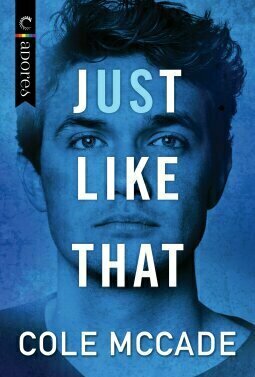
Just Like That (Albin Academy #1)
Book
Carina Adores is home to highly romantic contemporary love stories featuring beloved romance tropes,...
Contemporary MM Romance

A Christmas to Die For
Book
Drink way too much tequila at the office Christmas party? Check. Get fired after doing something...
LGBTQ+ Science Fiction Romance Seasonal
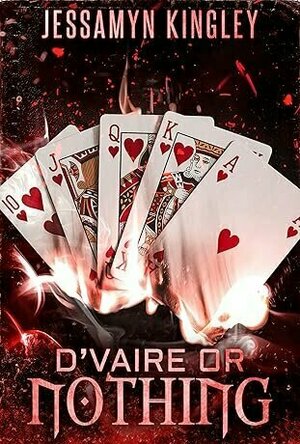
D'Vaire or Nothing (D'Vaire #44)
Book
In these five previously unpublished short stories, the D’Vaires are invited to the newest dragon...
LGBTQ+ Fantasy Short Stories
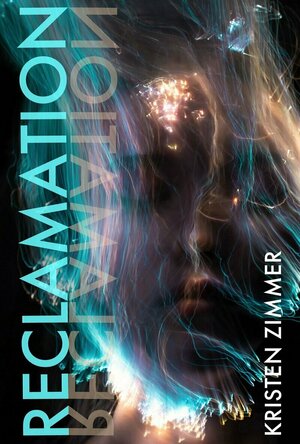
Reclamation (Dark Horse #1)
Book
This is your future. The United States of America has been gone for over a century. In its...
Dystopian Science Fiction LGBTQ+

Moon Belize
Book
Make Your Escape with Moon Travel Guides! In Belize, no two days are ever the same. Moon Belize...

Social Work Practice with Lesbian, Gay, Bisexual, and Transgender People
Book
Although the vast majority of LGBT persons are healthy, resilient, and hardy individuals who do not...
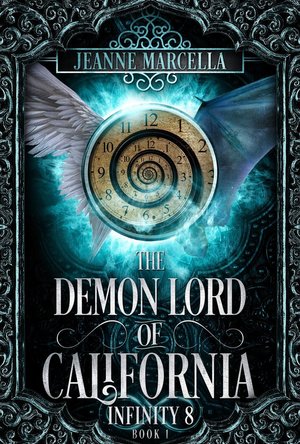
The Demon Lord of California (Infinity 8 #1)
Book
Earth, 1900. Calico Winghorse has no choice but to flee to the plane of existence called Earth....
LGBTQ+ Urban Fantasy Paranormal
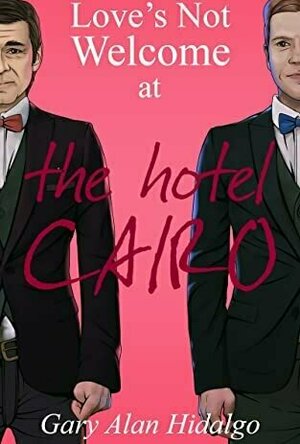
Love's Not Welcome at the Hotel Cairo
Book
Hughie must sell his hotel shares to save his dream. Fabian must persuade him to keep them for same...
Contemporary RomCom MM Romance Slow Burn May to December
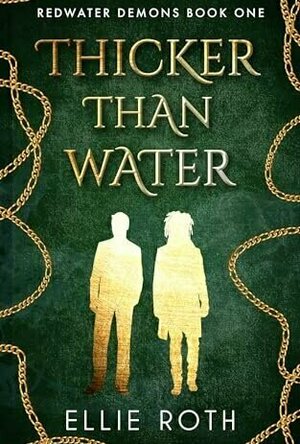
Thicker Than Water (Redwater Demons #1)
Book
“Hate is learned, hunter. And I see you were a very good student.” “Thanks. I try.” ...
